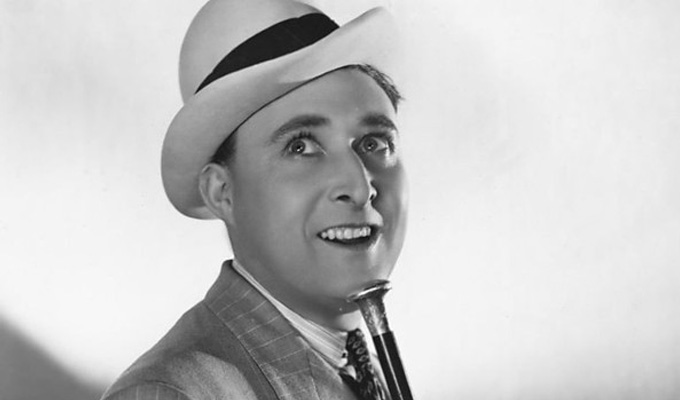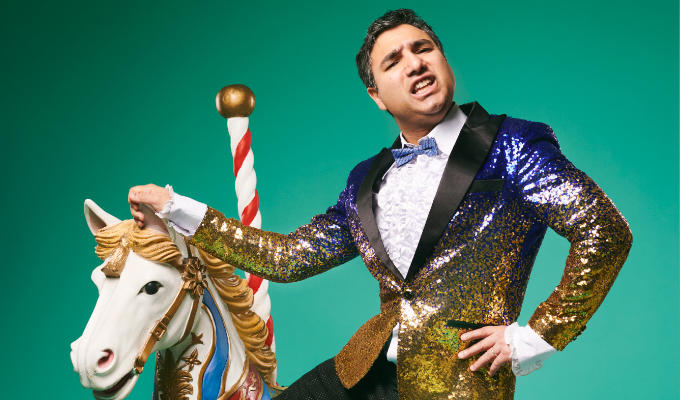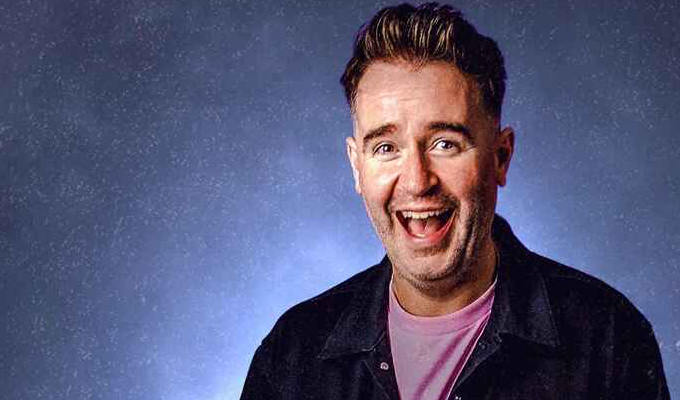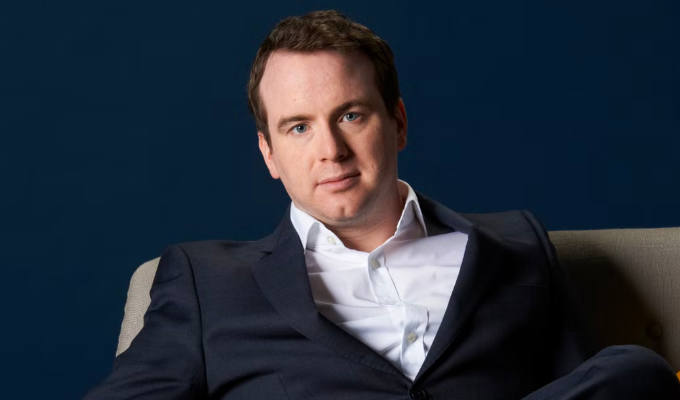
Rewriting comedy history...
Author fixes his book's 'grave omissions'
A classic book about the history of comedy has been republished – because the author did not give enough credit to acts including The Two Ronnies, Morecambe and Wise and Frankie Howerd.
John Fisher first published Funny Way To Be A Hero in 1973. when he was in his late twenties – but 40 years on he admits he underplayed the significance of some of the more pivotal names in comedy.
‘There were some grave omissions,’ he admitted at the launch of a Heroes Of Comedy season at the BFI on London’s South Bank last night.
‘When I wrote the book, Morecambe and Wise and Frankie Howerd were still out there doing it and now it's time to resolve their story. I also regret not giving more credit to Gracie Fields. I’d dismissed her as a a light singer, and overlooked what a great comic performer she was.
‘The Two Ronnies, I dismissed them because they weren't stage performers but I then thought maybe that doesn't matter. No two acts did more to create the ambiance of variety on television apart from Morecambe and Wise.’
Another act he thought he had underplayed was Arthur Askey, ‘who was so influential, but always dismissed himself as only a concert-party turn, not really a full-blown stage comedian’.
‘But my goodness, he influenced a whole generation,’ Fisher said, ‘from Spike Milligan to Kenny Everett to Michael Barrymore to Chris Evans – apart from being the most wonderful man I arguable every met in comedy.’
Fisher, who went on to have a career as a TV producer working with Tommy Cooper, Bob Monkhouse and Des O’Connor, said most chapters of his acclaimed book have been rewritten, and around 350 photographs added, mainly from own collection.
He said an early picture of Max Miller was particularly unusual. ‘He had a moustache and is in a suit that's not floral, but chequered,’ he said. ‘And it's two sizes too small for him. As if he's going that extra length to be funny – but he didn't need that extra length.
‘At the time, Max Miller was going to the races, to the street markets, listening to the jargon of the bookies. That's where he got that rat-a-tat-tat, wonderful rhythm of delivery and he was a great aficionado of the circus... that's where the fancy costumes first came in. He was a clown, or a stand-up comic disguised as a clown. Nobody, I think, had better control of an audience from the moment he walked on.’
Fisher said he was astounded at the number of comedians playing the Edinburgh Fringe this year, calling it ‘a nursery, just as the old music hall was a nursery’, and talked about some of his favourite acts, including the relatively obscure Suzette Tarri
‘She was one of the first voices I can recall on the radio as a child,’ he said. ‘She played a comic charlady with, what I realise now, slightly sexy overtone. Her stage persona was based on this downtrodden [woman] who nevertheless had ideas of her own, possibly beyond her own station.
‘I knew that early in his career Ken Dodd had been given a break by Suzette Tarri, when she'd been in the Liverpool area, she'd given him a slot on one of her shows. Many years later I'm at an ephemera fair, and I find some photographs of Suzette Tarri in performance – now remember that up until this point I've only ever heard her – and I can't believe what I'm seeing, because there she is at the mic with he mop cap, scarf around her neck, and what is she holding? A feather duster. And I often wonder if that was the birth of the tickling stick.’
But Fisher said he was a fan of Dody too. ‘There's so much to Doddy,’ he said. ‘How many layers can you discern? But I've always felt that his visual clowning and his surrealism are his strongest cards.’
It is not the only example he gave of comedians taking ideas down the generations. For example, the audience were shown a clip of Benny Hill preparing breakfast to the rhythms of a song on the radio that was a clear forerunner of the classic Morecambe and Wise sketch.
Fisher said: ‘There are moments when Max Miller would suddenly divert himself away from the audience and look in the wings to see if he was getting into trouble. And then Frankie Howerd translated that into “Him” or “Thing” whether it be the producer of the show or the director-general of the BBC.’
And he said that Les Dawson took his bad piano playing from Arthur Askey – and that both he and Max Wall took their piano acts from Leslie Henson, a revue comedian of the Twenties and Thirties.
‘The family tree of comedy is fascinating,’ he said.
• The revised version of Funny Way To Be A Hero, by John Fisher, is due out on November 7. Click here to preorder.

Published: 13 Sep 2013






